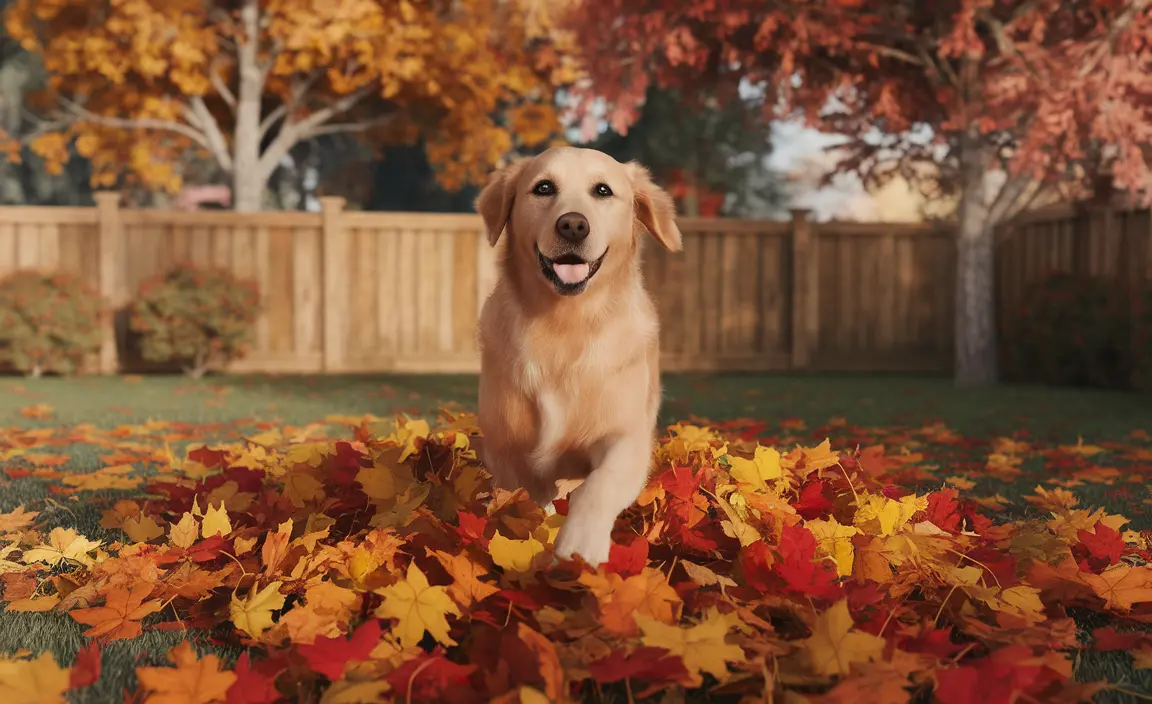As a responsible dog owner, you might be wondering about the safety of various human foods for your furry friend. Pecans, in particular, raise important questions about canine nutrition and potential health risks. This comprehensive guide will help you understand the dangers of pecans for dogs and what steps to take if your pet accidentally consumes them.
Why Pecans Are Dangerous for Dogs
Pecans pose several significant health risks to dogs, making them a food that should be strictly avoided. The primary concerns include:
Toxic Compounds in Pecans
Pecans contain juglone, a naturally occurring compound that can be toxic to dogs. This substance can cause various health complications, even in small quantities. Additionally, pecans are prone to developing mold that contains tremorgenic mycotoxins, which are particularly dangerous to canine health.
Potential Health Risks
When dogs consume pecans, they may experience a range of adverse reactions, including:
- Digestive issues such as vomiting and diarrhea
- Potential neurological symptoms like tremors or seizures
- Risk of pancreatitis due to high fat content
- Potential intestinal blockage, especially in smaller dogs
Symptoms to Watch After Pecan Consumption
If your dog has eaten pecans, monitor them closely for the following warning signs:
- Persistent vomiting
- Unusual lethargy
- Loss of appetite
- Abdominal pain or discomfort
- Tremors or unusual muscle movements
- Changes in behavior or temperament
Immediate Steps if Your Dog Eats Pecans
What to Do Immediately
If you catch your dog eating pecans, follow these critical steps:
- Remove any remaining pecans immediately
- Do not induce vomiting without veterinary guidance
- Contact your veterinarian for professional advice
- Provide plenty of fresh water
- Monitor your dog closely for the next 24-48 hours
When to Seek Veterinary Care
Professional medical attention is crucial if:
- Your dog consumed multiple pecans
- Symptoms of illness appear
- Your dog is a small breed or puppy
- You notice any severe reactions
Prevention is Key
Keeping Your Dog Safe
Prevent pecan-related incidents by:
- Storing nuts in sealed, high containers
- Cleaning up fallen pecans from yards
- Educating family members about the risks
- Avoiding nut-based treats for dogs
- Keeping dogs away from areas with pecan trees
Frequently Asked Questions
Can dogs eat pecans safely, or are they toxic?
No, pecans are not safe for dogs. They contain toxic compounds and can cause serious health issues.
What symptoms should I look for if my dog eats a pecan?
Watch for vomiting, diarrhea, lethargy, tremors, and changes in behavior or appetite.
How do I prevent my dog from eating pecans, especially if I have a pecan tree in my yard?
Regularly clean up fallen pecans, fence off pecan trees, and supervise your dog outdoors.
Why are pecans bad for dogs, and what exactly makes them toxic?
Pecans contain juglone and can develop mold with tremorgenic mycotoxins, which are harmful to dogs.
What should I do immediately if my dog accidentally eats a pecan or shows symptoms after consuming one?
Remove remaining pecans, contact your veterinarian, provide water, and monitor your dog closely for any adverse reactions.
Always prioritize your dog's health and consult with a veterinarian if you have specific concerns about their diet or potential toxic exposures.






